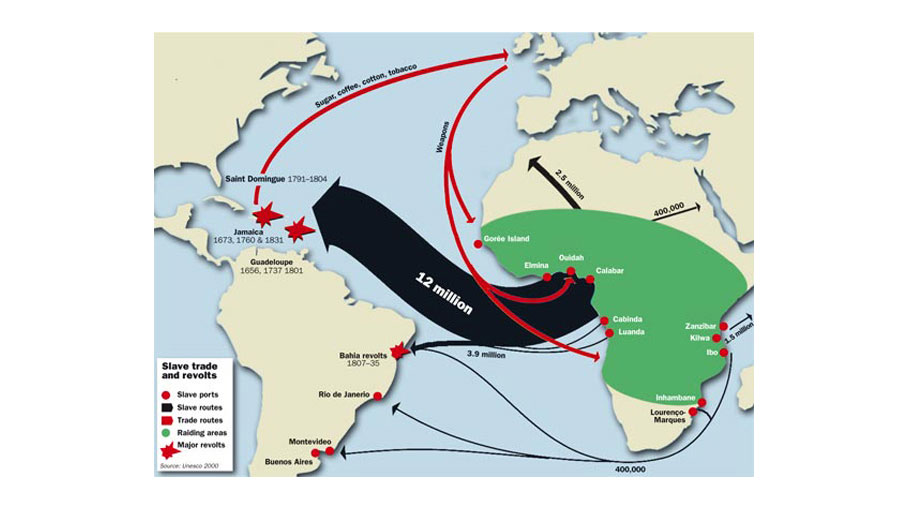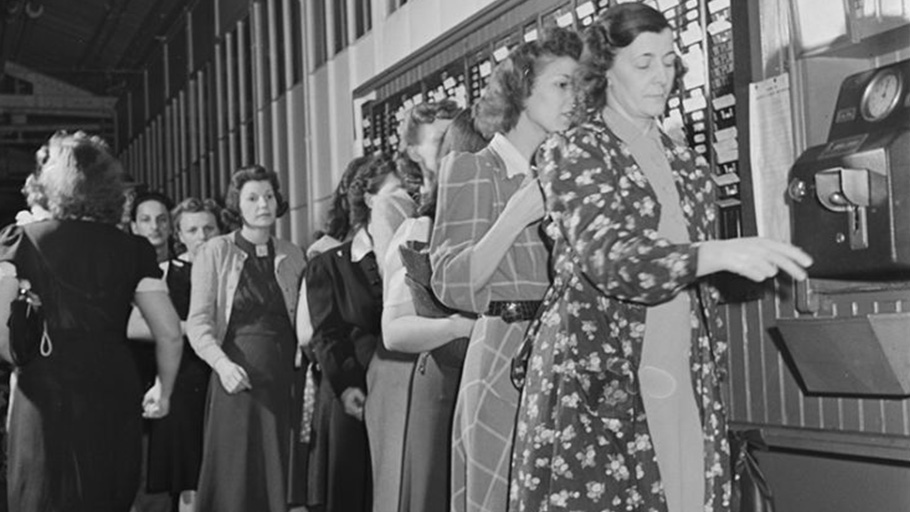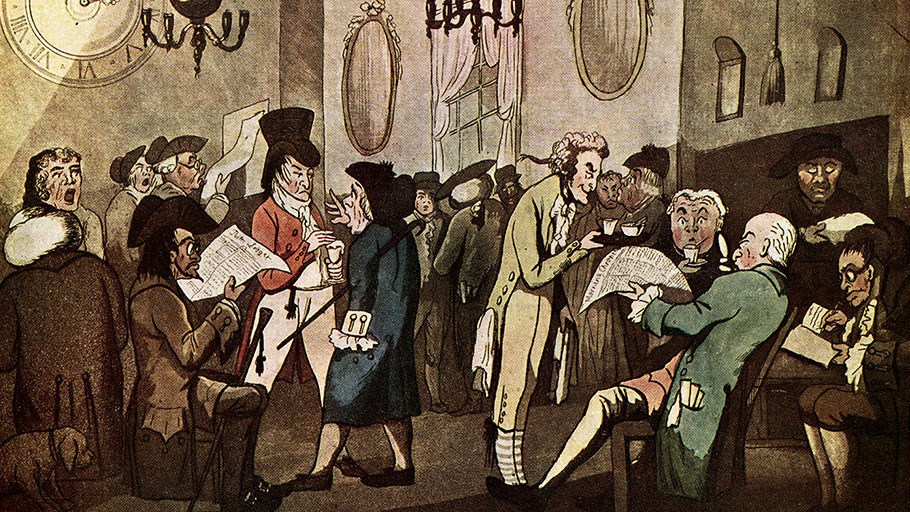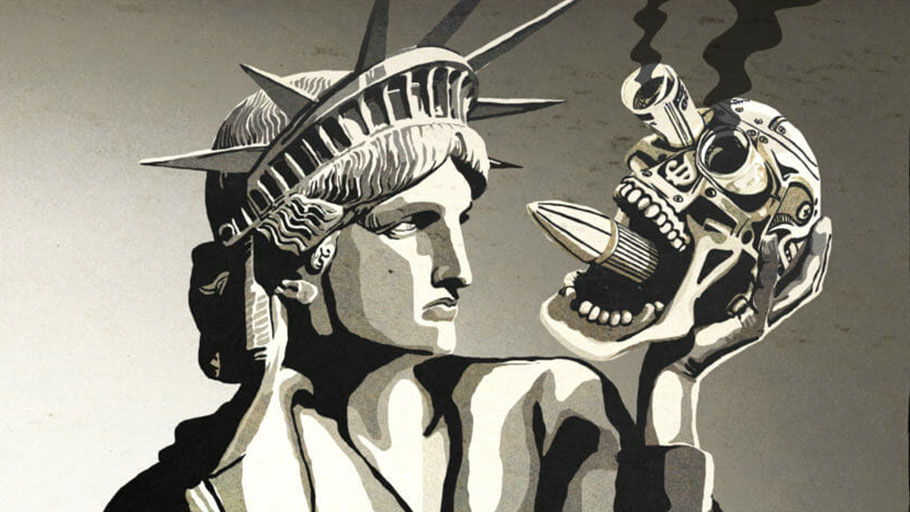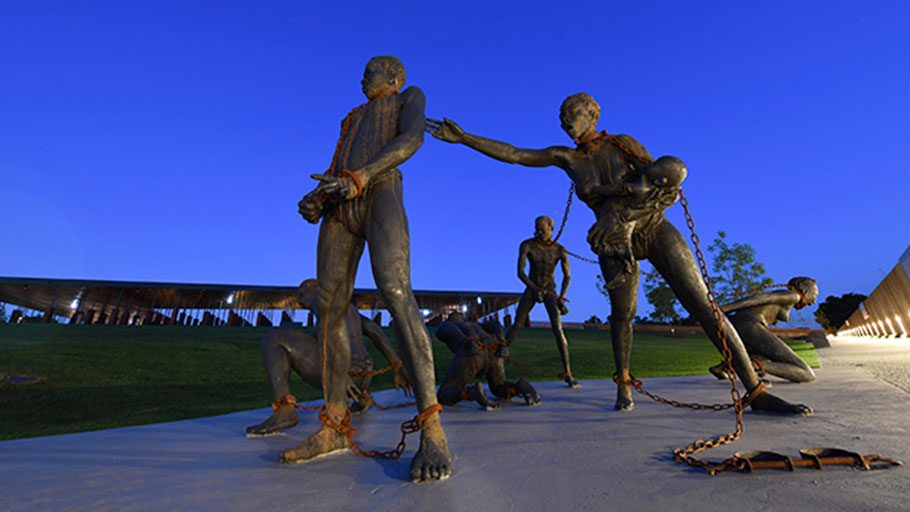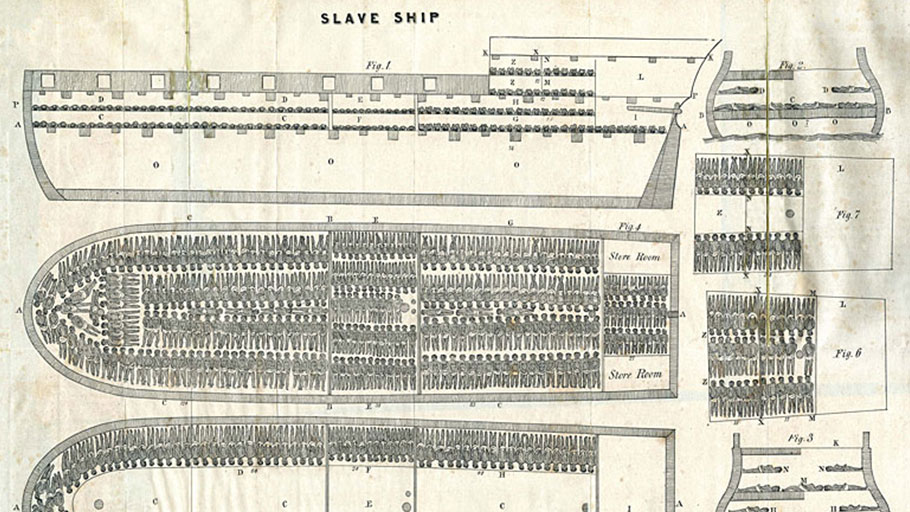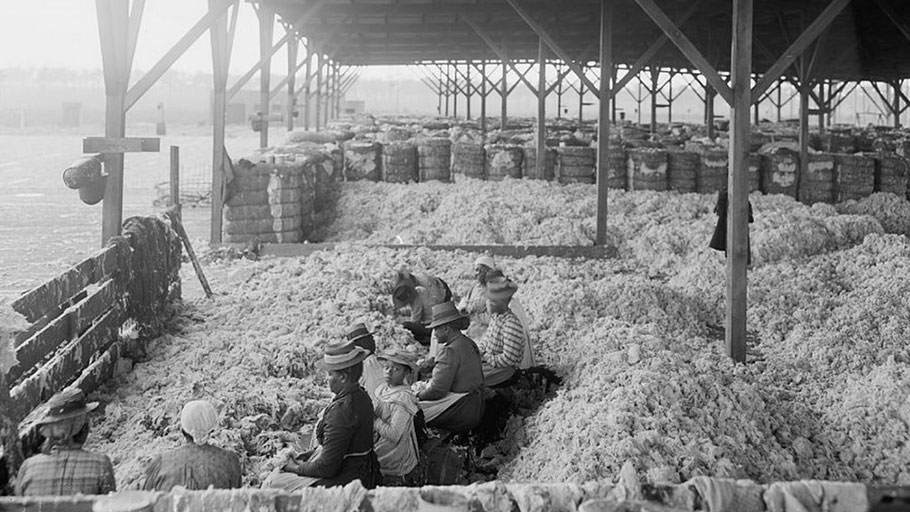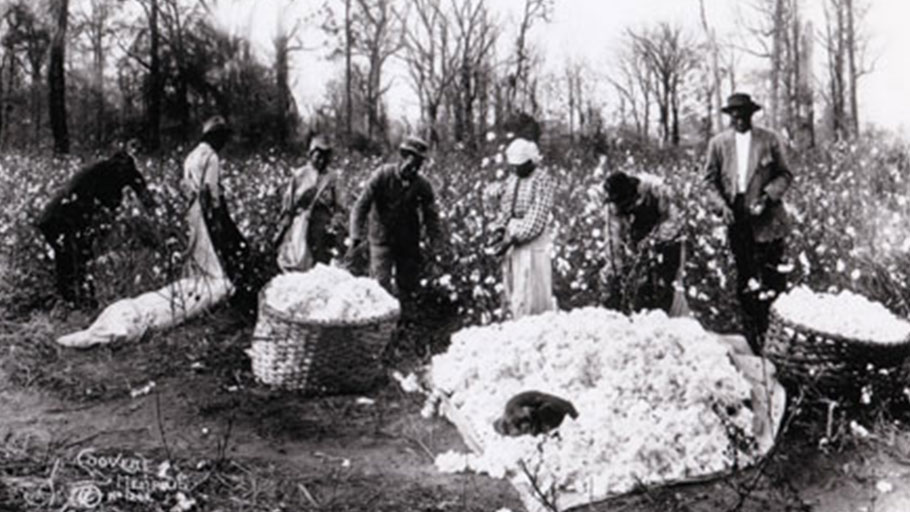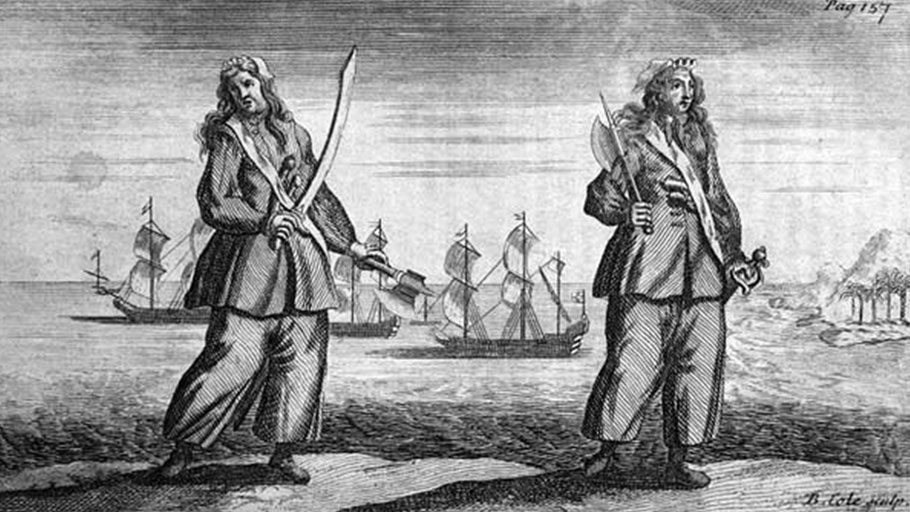
Historian Marcus Rediker spoke to Ken Olende about the struggles that took place aboard the ships of early capitalism. By The Socialist Worker — The first strike wasn’t in a factory or an office. It wasn’t even on land. US historian Marcus Rediker explains how sailors in England fought against a wage cut in 1768. “They went from ship to ship and took down the sails. That’s called striking the sails….

